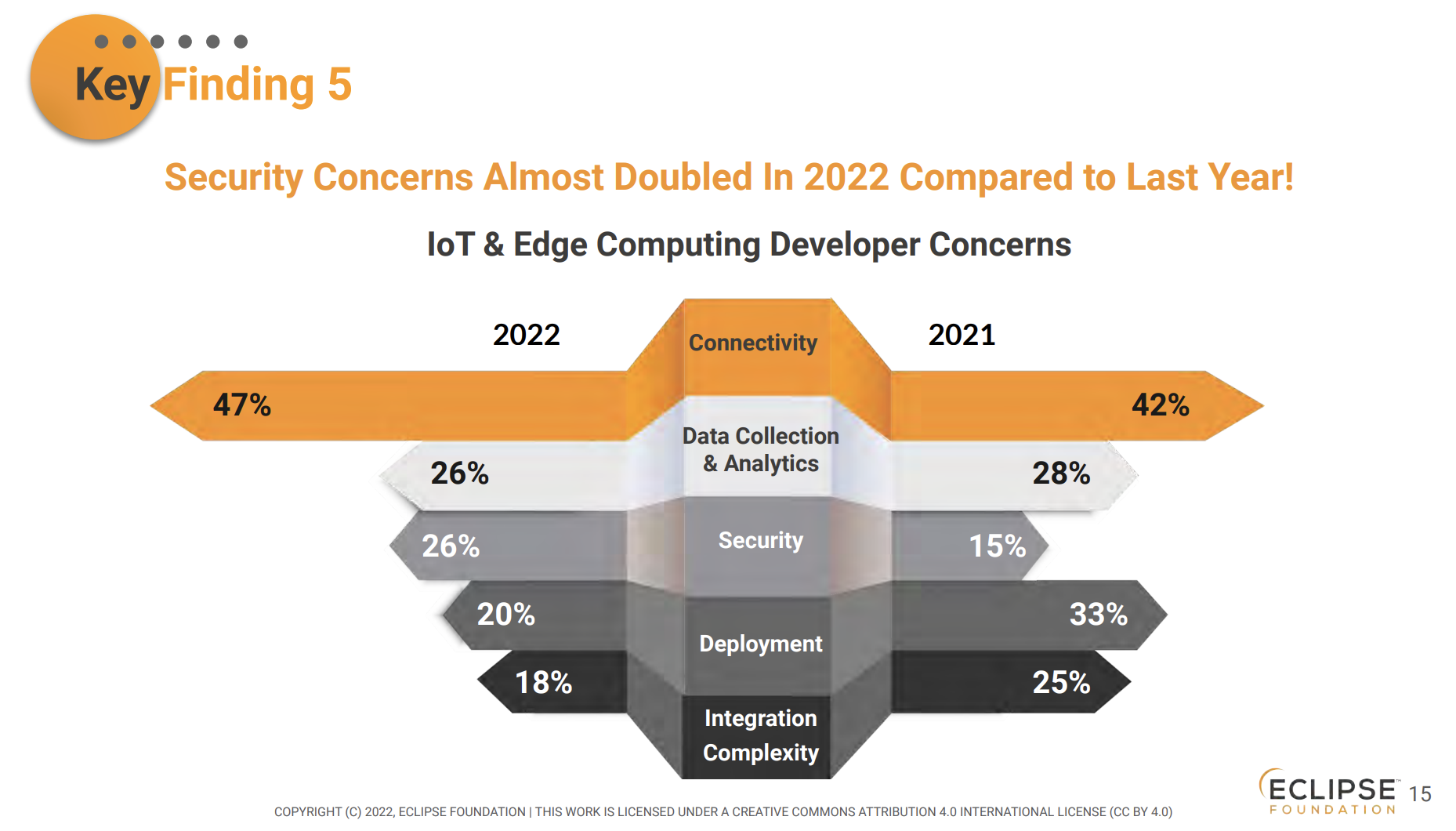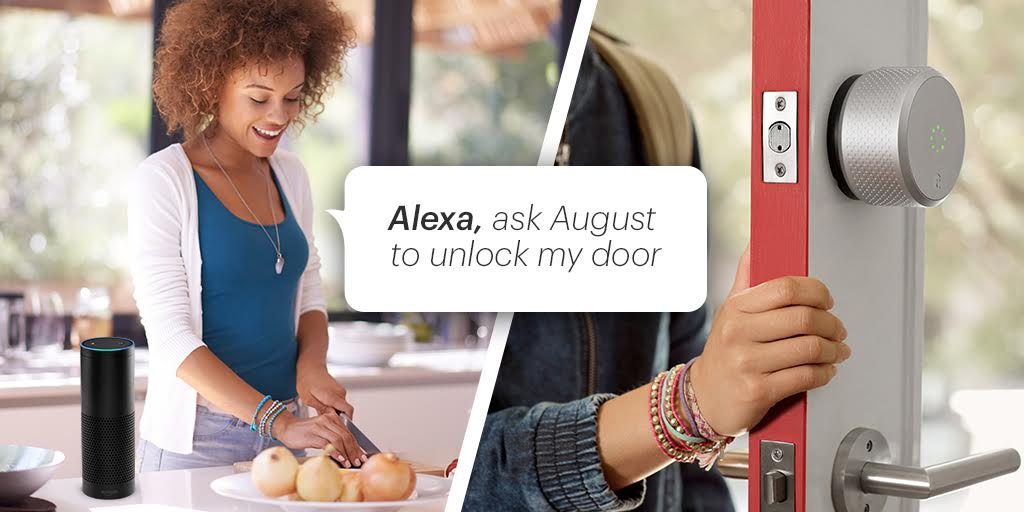The biggest news this week is probably the launch of a line of inexpensive smart home products from Roku, the smart TV and set-top box maker. We talk about the products, its deal with Wyze and where you can get them. Then we move on to Matter, specifically when you might get Matter on your devices, and the new pact between Google and Samsung SmartThings, that will make using either Google Home’s app or the SmartThings’ app as a controller seamless for your smart home. Then we discuss the results of the Eclipse Foundation’s IoT Developer survey in detail, including popular real time operating systems and messaging protocols, before getting an update on smart home device adoption from Parks Associates. We aren’t too concerned with Prime Day deals but we did notice that the Amazon Smart Air Quality Monitor has a new feature. In related news, we talk about other indoor air quality products and frustrations with Kevin’s Ecobee indoor air quality monitoring. After that we mention Lufthansa’s decisions to ban AirTags (it unbanned them after we recorded the show), an ITU approval for wireless over-the-air charging in the 900 MHz band, and the soon-to-be announced cybersecurity label from The White House. Finally, we answer a listener question about viewing Wyze cameras on a Google display.

Our guest this week is Janko Roettgers, a senior reporter at Protocol, who explained the role that the TV currently plays and will likely play in the smart home. This is especially helpful because, as he explains to me, my home is a bit weird when it comes to televisions. He discusses how TV makers are looking for new forms of revenue, including advertising, while tech firms are getting into making TVs for similar reasons. He also puts Roku’s move into the smart home with devices and services into context. Specifically it’s because TVs are super low-margin and if it doesn’t move into the smart home it’s rivals will. Actually, they are already as he clearly explains. He also explains how TVs will handle smart home navigation and offers a little scoop on Google’s display plans. Enjoy the show.
Hosts: Stacey Higginbotham and Kevin Tofel
Guest: Janko Roettgers, a senior reporter at Protocol
Sponsors: Nordic Semiconductor and Firewalla
- Roku gets into the smart home with help from Wyze
- Developers are still pretty fragmented when it comes to everything at the edge
- Kevin discovers the limits of indoor air quality monitoring
- The TV may be the next battlefront for smart home vendors
- What Matter will mean for TV makers
Podcast: Play in new window | Download | Embed
Subscribe: RSS

